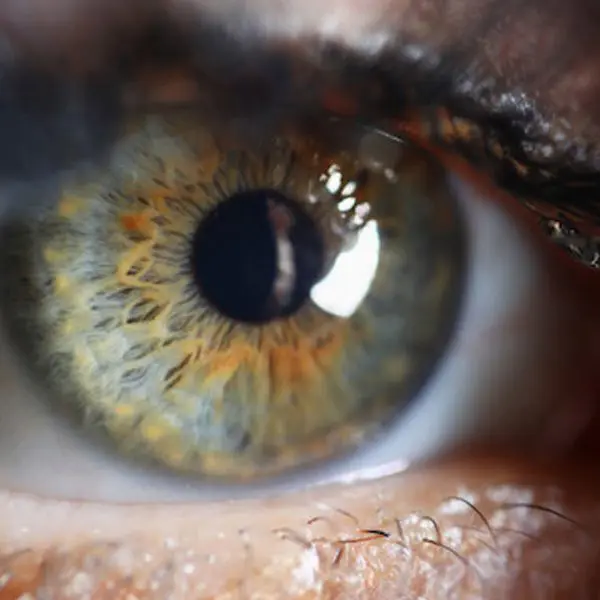
- Uncategorised

- News
The Eye’s Ability to Regenerate Found in Zebrafish Study

The ability of fish eyes to regenerate following damage or injury has long been known however new research is now paving the way for new therapies for humans.
As humans, we can encounter a number of different eye conditions and damage that unfortunately don’t have the ability to repair themselves. Such conditions include age-related macular degeneration and Retinitis Pigmentosa. Fish eyes however have the unique ability to restore sight within a few weeks and the new research that has just been published could one day help develop ways to induce self-regeneration within the human-eye.
As cited on mnt, “The researchers started out from the hypothesis that a neurotransmitter might be responsible for retinal regeneration in fish. Fish and mammals have a very similar retinal structure, so Mahesh Rao – a graduate student and study co-author – thought of extrapolating the results of a mouse study and test them on zebrafish.
The mouse study that triggered Rao’s hypothesis discovered that this neurotransmitter – called GABA – controlled the activity of some retinal stem cells. GABA neurotransmitters normally act as inhibitors, lowering a neuron’s ability to excite the neurons around it. GABA neurotransmitters are very prevalent in the brain, occurring in 30 to 40 percent of all the synapses.
Among other cells, the retina also contains a type of stem cell called Müller glia. In humans and other mammals, these cells provide “architectural support” that traverse all of the retina’s layers – but in fish, these glial cells also play a crucial role in regeneration.
During the regenerative process, these cells undergo a form of regression called dedifferentiation, meaning that they go from a specialized state back to a more general, simpler state. They then differentiate again, but this time into replacements for the nerve cells that were damaged.”
The study’s lead author explains the findings and the contribution of the research:
“The prevailing belief has been that the regeneration process in fish retinas is triggered by secreted growth factors, but our results indicate that the neurotransmitter GABA might initiate the process instead […] Our theory is that a drop in GABA concentration is the trigger for regeneration. It initiates a cascade of events that includes the activation of the Müller glia and the production of various growth factors that stimulate cell growth and proliferation. If we are correct, then it might be possible to stimulate human retinas to repair themselves by treating them with a GABA inhibitor.”
This is incredible research with huge potential and we shall continue to keep our readers up-to-date with further progress on this research.
Reviews







